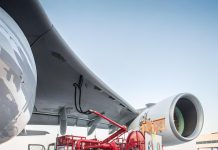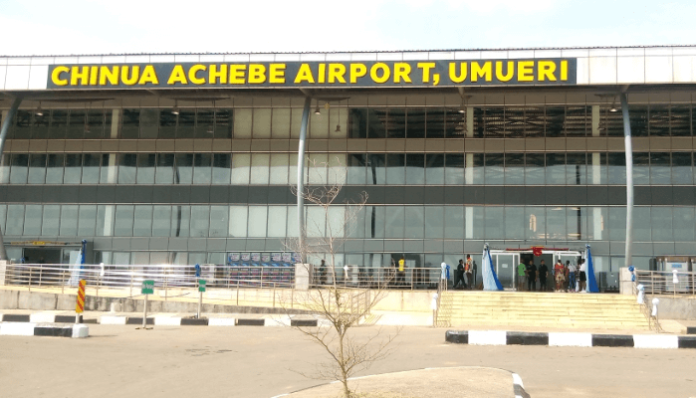The Chinua Achebe International Airport in Umueri, Anambra State, is not in competition with other airports in the South East or across Nigeria but rather aims to complement them, according to Anambra State Commissioner for Transport, Mrs. Patricia Igwebuike. Speaking at the 9th Airport Business Summit and Expo held in Lagos from August 20 to 22, 2024, Igwebuike emphasized that the airport’s primary goal is to enhance the region’s connectivity and support Nigeria’s growing aviation needs.
“The Chinua Achebe International Airport is not about competing with other airports but complementing them. Nigeria has over 200 million people, all of whom are potential passengers. No single airport can handle such a volume, not even Lagos. This is why we see our airport as providing complementary services,” Igwebuike stated. She highlighted that even cities like Dallas in the United States, with ten airports, thrive by sharing the passenger load and offering diverse services. “The more airports we have, the more prices will come down, making air travel more accessible,” she added.
Since its inception nearly three years ago, Chinua Achebe International Airport has handled over 5,700 flights and catered to more than 343,000 passengers. The airport’s rapid growth underscores the increasing demand for both passenger and cargo services in Anambra, a state known for its vibrant commercial activities.
“The idea behind the airport is rooted in Anambra’s strong business sector. Anambra is a state of traders, and over 50% of imports to southern Nigeria end up here. This cargo-driven focus is what necessitated the construction of the airport,” Igwebuike explained. The airport, strategically located near the Onitsha main market, is part of the state’s broader vision to develop a multi-modal transportation system. “We are aligning with Nigeria’s national transportation policy. In addition to the airport, we have the Onitsha River Port and are completing the feasibility study for a railway network. Our goal is to create a fully connected transport system that includes air, road, rail, and water transport.”
The airport is also exploring the possibility of launching its own airline or partnering with existing carriers to meet the growing demand for flights. “We are in talks with airlines like Ibom Air and ValueJet, and we’re analyzing the data to determine if we should float our own airline or partner with others. The demand is there, and we’re exploring all options to meet it,” Igwebuike said. Currently, Air Peace and United Nigeria Airlines operate from the airport, but more airlines are welcome to join.
In addition to passenger services, the airport is poised to become a business hub, with over 30 concessionaires submitting proposals to develop various infrastructure projects. “These proposals include building hotels, restaurants, sightseeing areas, and even cargo-related facilities. We are an oil and gas-producing state, and investors are interested in setting up tank farms. The potential for growth is immense,” Igwebuike noted.
Addressing concerns about competition with nearby airports in Delta, Enugu, Ebonyi, and Imo states, Igwebuike reiterated that the focus is on collaboration. “We are not competing with neighboring airports; we are complementing each other. The cluster of airports in this region will provide better services for travelers, and together, we can handle the growing demand,” she said.
Looking ahead, Igwebuike expressed optimism about the airport’s future and its role in transforming Anambra’s economy. “Chinua Achebe International Airport is just the beginning. The future is bright for Anambra. We are creating a multi-modal transport system that will drive economic growth and make the state a major player in Nigeria’s aviation and transportation sectors.”
















